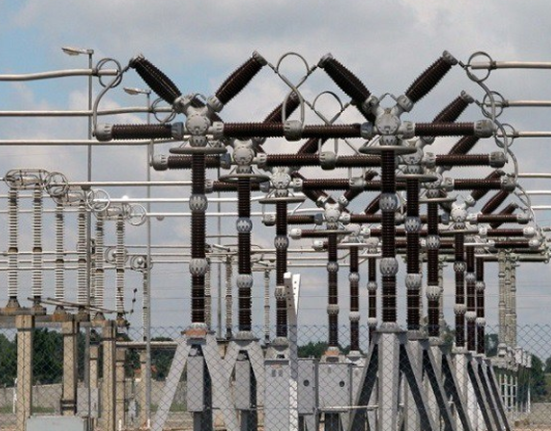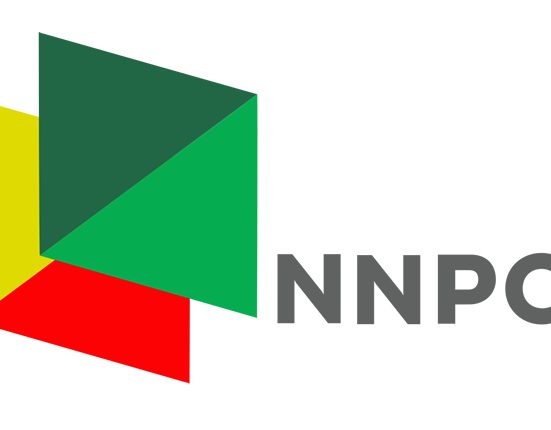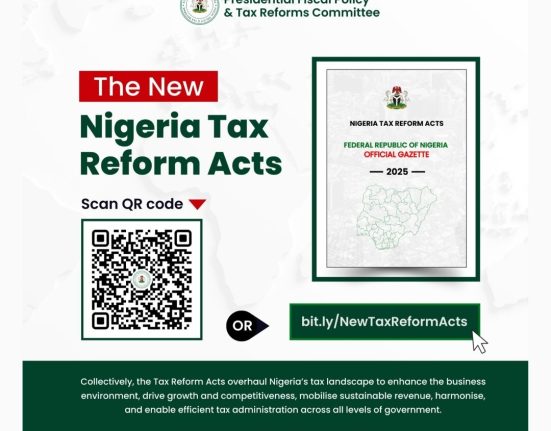ABUJA – July 17, 2025
Nigeria’s annual inflation rate declined to 22.22% in June 2025, marking a marginal but notable easing from the 23.24% recorded in May, according to new data released by the National Bureau of Statistics (NBS).
The report, which offers cautious optimism, indicates a slowdown in the rate at which prices of goods and services are rising, especially in food and energy sectors that had previously driven inflationary pressures.
The NBS attributed the decline to improved food supply from recent harvests, a relatively stable exchange rate in the past month, and sustained efforts by monetary authorities to manage liquidity through interest rate tightening.
Despite the dip, food inflation remains a key concern, standing at 31.72% year-on-year, albeit down from May’s 33.45%. The Bureau noted that prices of staples such as garri, yam, maize, and bread continued to pose pressure on household budgets, especially among low-income earners.
Reacting to the figures, financial analysts urged cautious optimism, noting that while the moderation is a welcome development, core inflation remains high due to persistent structural challenges such as high transportation costs, energy prices, and supply bottlenecks.
The Central Bank of Nigeria (CBN), which has maintained a hawkish monetary stance in recent months, may take the current inflation trend into consideration in its next policy meeting, with hopes of striking a balance between price stability and economic growth.
With the 2025 budget implementation in full swing and efforts ongoing to boost local production, stakeholders are hopeful that Nigeria’s inflationary trend could continue on a downward path in the coming quarters.







